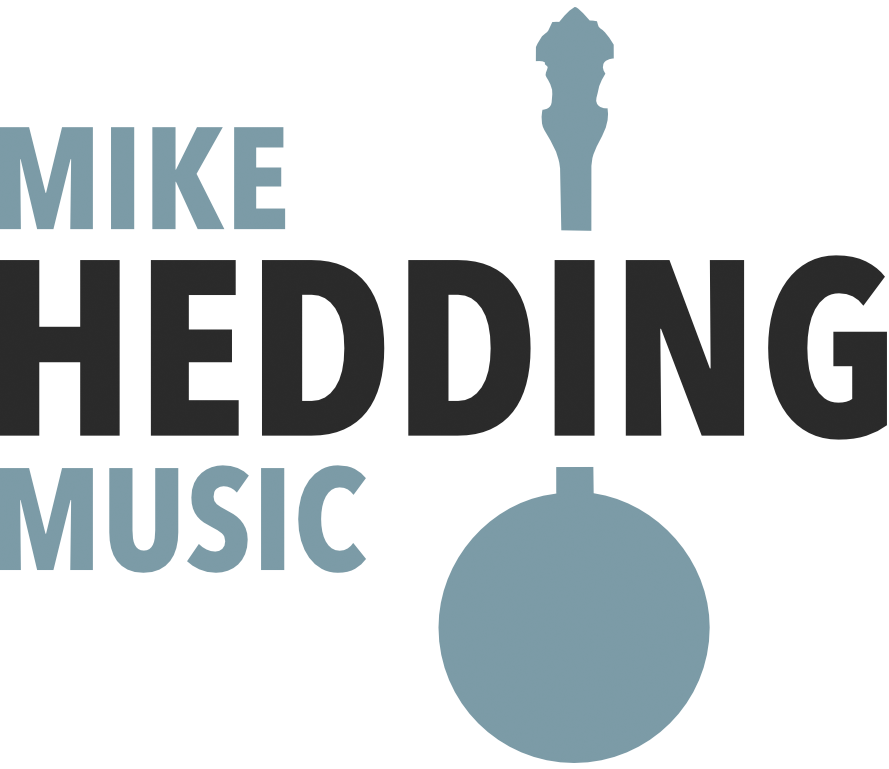Forum Replies Created
-
AuthorPosts
-
Mike
KeymasterThis song is copyrighted so unfortunately I had to remove the lead part of the song.
Chords can’t be copyrighted so I was able to still offer them.
Sure I can do a lesson on tuning your banjo, what key are you looking to tune to?
Mike
-
This reply was modified 5 years, 8 months ago by
Mike.
Mike
KeymasterIf you go back to the Lesson Page for this lesson you’ll see the tabs on the right side of the page under “Lesson Tabs.”
You can click that link to open the tab.
If you have any other questions let me know.
Thanks.
– Mike
Mike
KeymasterSweet!
Start with building a solid foundation and that’ll make learning all your songs easier.
If you have any other questions after checking out the lessons just let me know.
Best,
MikeMike
KeymasterClint only recorded this one at one speed so I don’t have multiple speeds for this song.
But if you want to slow down the track you can slow down the video and play along with the intro.
Click the “gear” icon in the bottom right corner of the video and you can change the playback speed.
If you have any other questions let me know.
Best,
MikeMike
KeymasterI’d check out the Mastering The Forward Roll lesson. That might be helpful to you.
You likely just need more practice playing your thumb on the off-beats (which is tricky).
Check out that lesson as it has lots of syncopated rolls where your thumb will be playing on different beats.
Count it out loud and you’ll get it with practice. Keep picking.
– Mike
Mike
KeymasterYes, all the tabs have the chords listed above the tab. – Mike
Mike
KeymasterI just released this lesson per your request. I hope you find it helpful. – Mike
https://mikeheddingmusic.com/lessons/little-maggie-backup-beginner-banjo/
Mike
KeymasterSure, normally that measure would transition into backup which is why is doesn’t loop completely seamlessly you’re correct.
If you wanted to loop it what you’d do is take the first note of measure 34 (open 4th string) and substitute it for the first 8th notes (open 4th string and 1st fret 2nd string) of measure 2.
If you play the first note of measure 34 and then the last 3 notes of measure 2 you’d be able to pickup into the solo again.
Hopefully that makes sense. Let me know if you have any other questions.
-Mike
Mike
KeymasterI’m going to do a detailed backup lesson for this song in the future that will include singing.
But if you want to sing and loop the bluegrass version, you would just play measures 17-32 over and over. You’d skip measure 16 which is the pickup to the song.
If you have any other questions let me know.
-Mike
Mike
KeymasterSure. I can do a detailed backup lesson for Little Maggie in the future.
I’ve done some other songs you can check them out here:
https://mikeheddingmusic.com/browse-lessons/?fwp_lesson_instrument=banjo&fwp_lesson_tags=backupNormally, I don’t do tabbed out backup lessons for the regular lessons because backup is rarely if ever played the same way twice. So I usually give general techniques you can apply to the song.
But I have done some backup lessons with tabs and I can certainly add that song to the list.
– Mike
Mike
KeymasterSure. I did a little demo you can check out here:
How To Practice With Soundslice
If you have any more questions let me know.
– Mike
-
This reply was modified 5 years, 9 months ago by
Mike.
Mike
KeymasterBrian,
You can click the “gear” icon on the video to slow the video down if it’s moving too fast for you.
Otherwise you can let me know the timestamp of the roll/lick you’re having trouble with and I can take a look and help out.
In the future, I can do a more detailed backup lesson for this song. Thanks.
– Mike
Mike
KeymasterNice! I’m glad it was helpful. Yes, these ideas could be applied to any basic chord progression you want.
– Mike
Mike
KeymasterFor this lesson I did a combination of memorization and reading the tab in real-time. For some of the up-the-neck backup I memorized the tab.
But for the other parts I just read the tab as I played it.
I did write the arrangement though so it might be easier for me to read it as I play!
You’re certainly welcome to memorize any parts of the tab you need to.
Otherwise, as the speed increases, you may have to look further ahead in the tab to read it in real-time. This takes practice too.
– Mike
Mike
KeymasterThe link above has a lot of songs that aren’t bluegrass.
Wagon Wheel is the most popular bluegrass song that uses this chord progression.
I’m sure there are probably some other ones as well. Let me think about it and I’ll post a reply if I think of any others.
– Mike
-
This reply was modified 5 years, 8 months ago by
-
AuthorPosts
